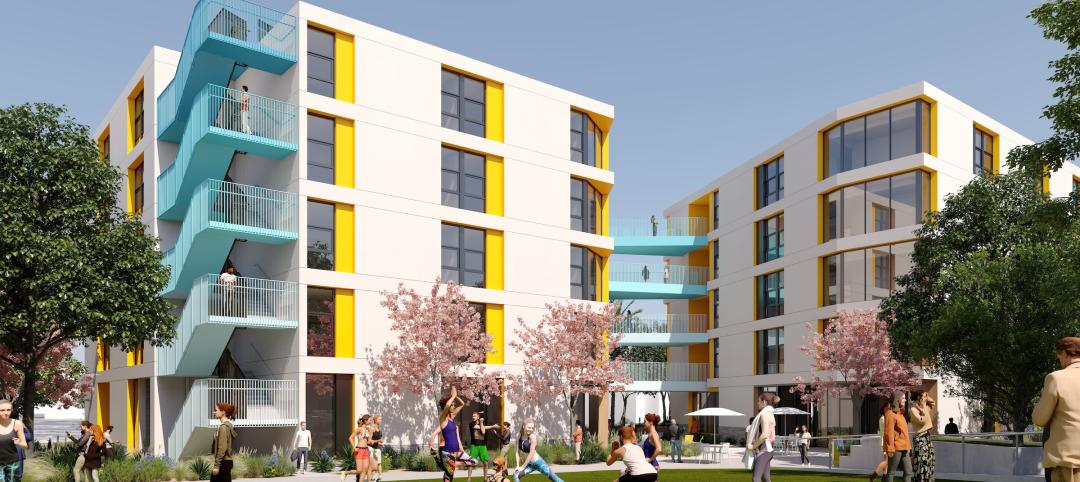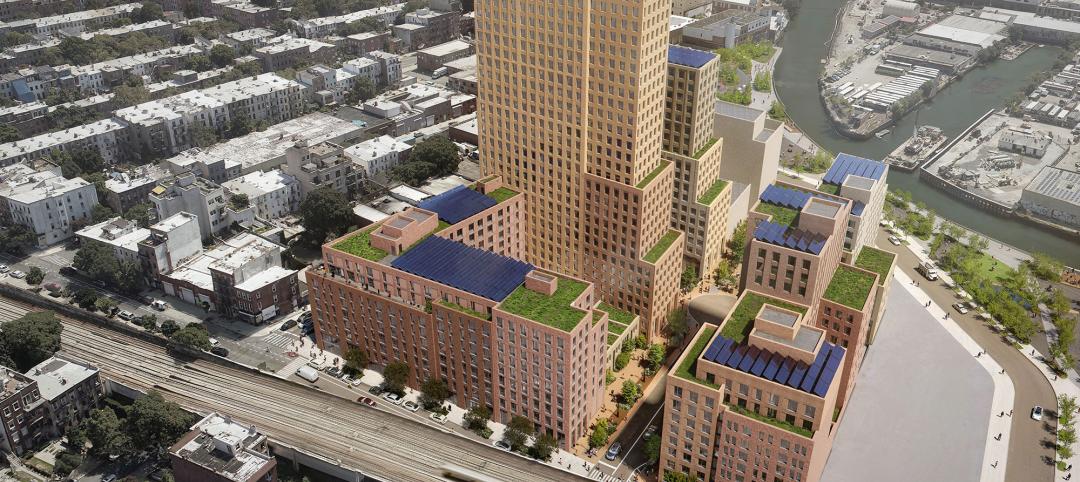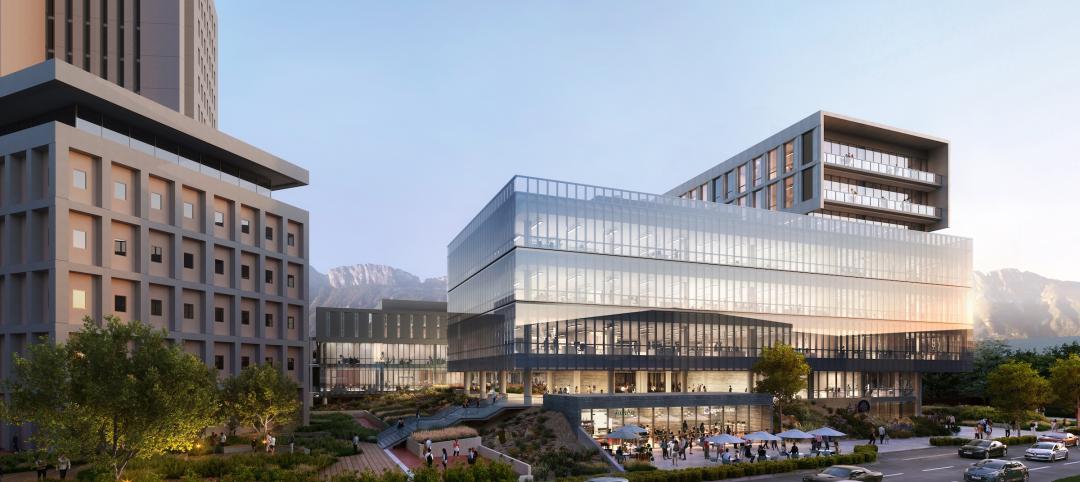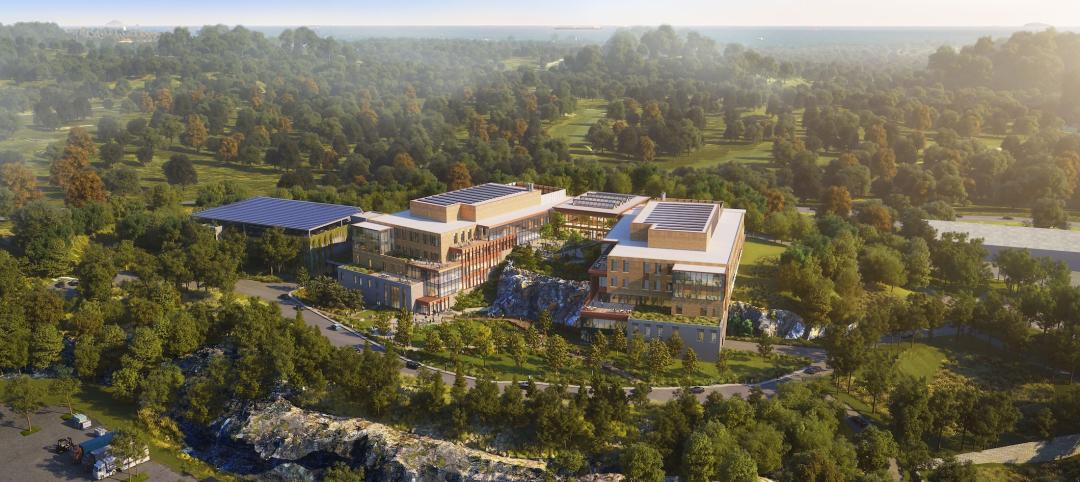BD+C: What are the prospects for the U.S. hotel industry and hotel construction?
Igor Krnajski: In the last couple of years we’ve had a pretty good downturn, of course, but the next five years are looking much better. The industry as a whole is forecasting gains in the 5-7% range. At Denihan, because we’re New York-centric, we were up 11% last year, and we’re forecasting 10% gains for this year. There have been a lot of conversations about how properties have been neglected, and that capital dollars need to be expended.
BD+C: How do you think that will break down between new hotel construction and reconstruction of existing properties?
IK: The initial surge will be in reconstruction, in the upkeep of your own portfolio. Then it will go into the expansion of portfolios, companies taking over existing properties and repositioning them. As for new construction, the financial markets are not fully ready to support new build. They’re looking to minimize risk by investing in properties that have operating cash flow. It’s all about managing risk, and if we as an industry show a couple of years of solid growth, investment in new construction will come back.
Any new hotel construction will be in areas that need an influx of new rooms, underserved areas like Dallas and Houston and Boston, and even Washington, although it is much more difficult to build new there.
BD+C: Any specific geographical growth areas for Denihan?
IK: We’re looking to expand primarily within the U.S., such as in Dallas. We’re very East Coast-centric right now, and we need a balance on the West Coast—places like Los Angeles, Seattle, San Francisco.
BD+C: Howard Wolff, an SVP at hotel designer WATG, has blogged that “bling has blung,” that high-end guests are concerned about ostentation and the appearance of conspicuous consumption in their choice of hotels. Is this a trend?
IK: Our customers are looking for more of a residential environment, rather than just a hotel room. The desire to entertain within their hotel space is much greater, so they want office/living/entertainment within the same space.
It used to be you catered to business class—the fax machine, the big desk—but now it’s a laptop and wi-fi, and a banquette with a table, so the guest can work there and also have dinner right there. And we have to provide solid technology: Internet, lighting and temperature controls, window treatments, AV, and other guest amenity services.
It’s a matter of changing tastes, but “bling” will be back some day. There’s always room in the market for luxury.
BD+C: What about green design and operations?
IK: “Environmentally thoughtful” is the term we’re using. There’s definitely a balance between comfort and environmental awareness that our guests are looking for. They’re much more sophisticated these days. Guests want to feel that they’re doing the “green” things that they may be doing at home, like recycling and saving energy, but in a hotel environment, they want the luxury of being a little bit naughty—taking a long shower, for example.
We’re constantly doing light bulb audits, installing dual-flush toilets and showerheads with internal flow constrictors, and in-house recycling. We’re looking at LEED aspects for our projects, but getting LEED accreditation for buildings in New York City is not easy. There’s a fine line between conservation and the guest experience but I do think the industry is listening.
BD+C: Are you commissioning your properties?
IK: We do commissioning. We think it’s better to be preemptive than to wait for equipment and systems to become a problem. As for metrics, in a hotel environment, it’s a very difficult calculation, because it’s affected by the use of the rooms, and it’s very seasonal, but we know we have saved year over year as a result of commissioning.
BD+C: As SVP of Design and Construction for a luxury hotelier, what advice do you have for AEC firms that want to do business with firms like yours?
IK: Our biggest ongoing issue with AEC firms is that they’re not always thinking in terms of the hotel operator’s mindset. There are many operational aspects that are exclusive to hotel design. We’re hiring them to give us good ideas, but if they understood our operations better, that would make the working relationship much smoother.
I’ve seen situations where the designers grossly underestimated the size of the staff, with the result that they followed code requirements but designed in only one shower for the male staff’s locker room. We as owners and operators have an obligation to educate our design teams, but designers should know better than to make mistakes like that.
BD+C: What, in your professional role, keeps you up at night?
IK: Our guests are more social media-minded, and that is putting pressure on us to keep up with them. The feedback is plentiful and immediate, and expectations are higher than ever. Yet you can’t be constantly changing things. How do we evaluate their input quickly, because by the time you get there, there’s a new trend? How do you respond? How do we filter this fantastic information from our customers and implement it? You’ll miss the boat if you don’t.
Related Stories
Student Housing | Apr 19, 2024
$115 million Cal State Long Beach student housing project will add 424 beds
A new $115 million project recently broke ground at California State University, Long Beach (CSULB) that will add housing for 424 students at below-market rates. The 108,000 sf La Playa Residence Hall, funded by the State of California’s Higher Education Student Housing Grant Program, will consist of three five-story structures connected by bridges.
Construction Costs | Apr 18, 2024
New download: BD+C's April 2024 Market Intelligence Report
Building Design+Construction's monthly Market Intelligence Report offers a snapshot of the health of the U.S. building construction industry, including the commercial, multifamily, institutional, and industrial building sectors. This report tracks the latest metrics related to construction spending, demand for design services, contractor backlogs, and material price trends.
MFPRO+ New Projects | Apr 16, 2024
Marvel-designed Gowanus Green will offer 955 affordable rental units in Brooklyn
The community consists of approximately 955 units of 100% affordable housing, 28,000 sf of neighborhood service retail and community space, a site for a new public school, and a new 1.5-acre public park.
Construction Costs | Apr 16, 2024
How the new prevailing wage calculation will impact construction labor costs
Looking ahead to 2024 and beyond, two pivotal changes in federal construction labor dynamics are likely to exacerbate increasing construction labor costs, according to Gordian's Samuel Giffin.
Healthcare Facilities | Apr 16, 2024
Mexico’s ‘premier private academic health center’ under design
The design and construction contract for what is envisioned to be “the premier private academic health center in Mexico and Latin America” was recently awarded to The Beck Group. The TecSalud Health Sciences Campus will be located at Tec De Monterrey’s flagship healthcare facility, Zambrano Hellion Hospital, in Monterrey, Mexico.
Market Data | Apr 16, 2024
The average U.S. contractor has 8.2 months worth of construction work in the pipeline, as of March 2024
Associated Builders and Contractors reported today that its Construction Backlog Indicator increased to 8.2 months in March from 8.1 months in February, according to an ABC member survey conducted March 20 to April 3. The reading is down 0.5 months from March 2023.
Laboratories | Apr 15, 2024
HGA unveils plans to transform an abandoned rock quarry into a new research and innovation campus
In the coastal town of Manchester-by-the-Sea, Mass., an abandoned rock quarry will be transformed into a new research and innovation campus designed by HGA. The campus will reuse and upcycle the granite left onsite. The project for Cell Signaling Technology (CST), a life sciences technology company, will turn an environmentally depleted site into a net-zero laboratory campus, with building electrification and onsite renewables.
Codes and Standards | Apr 12, 2024
ICC eliminates building electrification provisions from 2024 update
The International Code Council stripped out provisions from the 2024 update to the International Energy Conservation Code (IECC) that would have included beefed up circuitry for hooking up electric appliances and car chargers.
Urban Planning | Apr 12, 2024
Popular Denver e-bike voucher program aids carbon reduction goals
Denver’s e-bike voucher program that helps citizens pay for e-bikes, a component of the city’s carbon reduction plan, has proven extremely popular with residents. Earlier this year, Denver’s effort to get residents to swap some motor vehicle trips for bike trips ran out of vouchers in less than 10 minutes after the program opened to online applications.
Laboratories | Apr 12, 2024
Life science construction completions will peak this year, then drop off substantially
There will be a record amount of construction completions in the U.S. life science market in 2024, followed by a dramatic drop in 2025, according to CBRE. In 2024, 21.3 million sf of life science space will be completed in the 13 largest U.S. markets. That’s up from 13.9 million sf last year and 5.6 million sf in 2022.

















